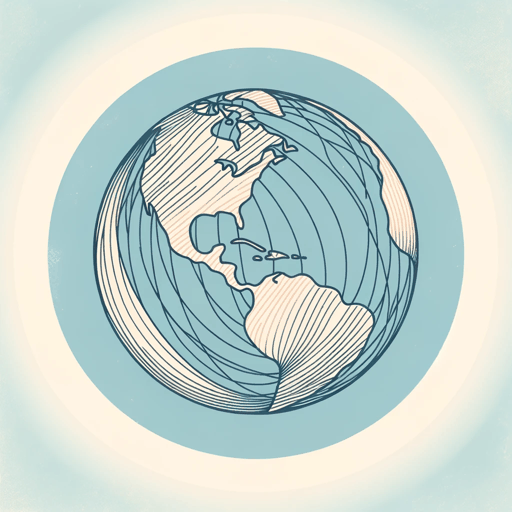28 pages • 56 minutes read
Arthur C. Clarke'If I Forget Thee, O Earth . . .'
Fiction | Short Story | Adult | Published in 1951A modern alternative to SparkNotes and CliffsNotes, SuperSummary offers high-quality Study Guides with detailed chapter summaries and analysis of major themes, characters, and more.
Background
Literary Context: Science Fiction
Science fiction is a genre of fiction that includes settings and events that are based on speculation and imagination rather than on familiar everyday reality. It differs from fantasy in that it speculates about possible realities related to scientific discoveries such as advanced technology and space travel. Although there are some earlier examples, including the famous novel Frankenstein by Mary Shelley, science fiction is largely a 20th-century development. Authors such as H. G. Wells produced works such as The Time Machine and The War of the Worlds in the late 19th century, but the genre wasn’t known by the term “science fiction” until the 1920s.
In the early 20th century, a publishing format called pulp fiction became popular. These were cheaply produced magazines that contained stories from various “low” genres, such as adventure, romance, and fantasy; the term came from the cheap wood pulp paper used for the magazines. In the 1920s, a pulp magazine publisher named Hugo Gernsback became interested in using pulp fiction to promote the development of science and coined the term “scientifiction” to describe the kind of fiction he had in mind. He founded a magazine called Amazing Stories that quickly became popular and attracted submissions from aspiring writers in the genre, which soon became known as science fiction, although the subject matter was not always as serious about the science as Gernsback had originally intended.
Related Titles
By Arthur C. Clarke






